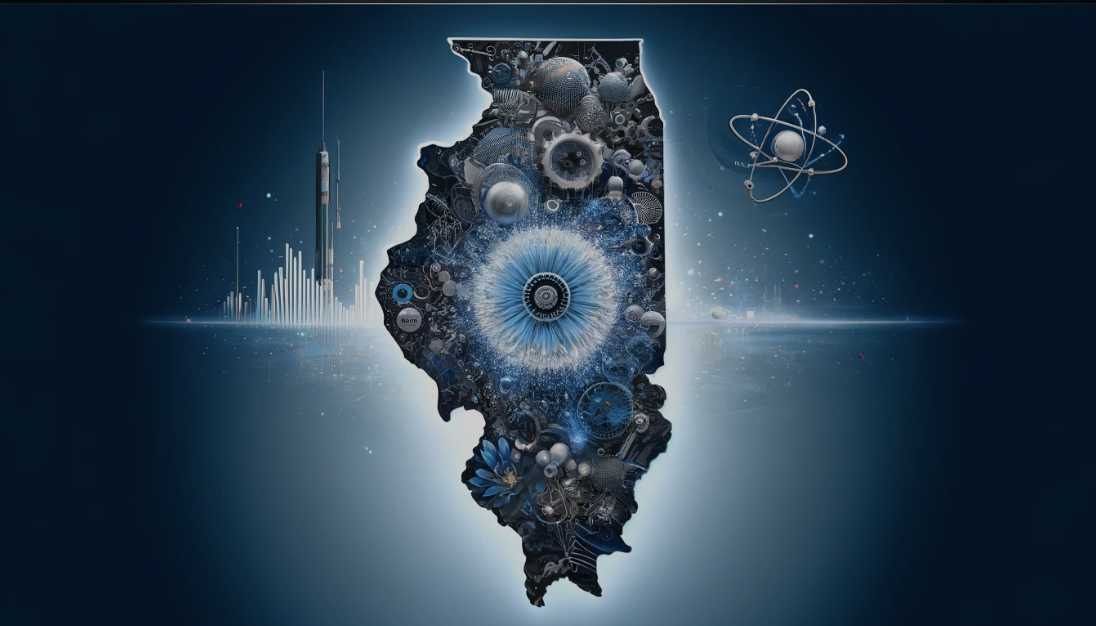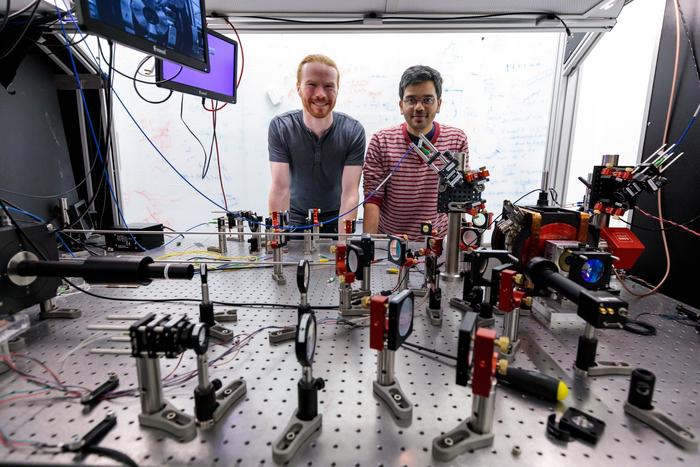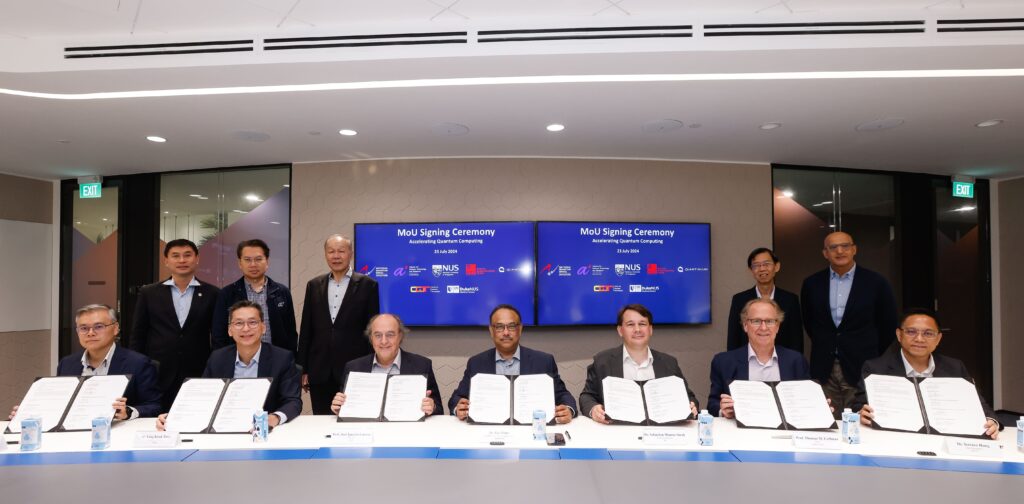Insider Brief
- Chicago business media says the Illinois government is pressing hard to build a $20 billion, 150-acre quantum computing campus in Chicago.
- The campus would be anchored by PsiQuantum.
- The $20 billion figure refers to the potential for future business and government investments, as well as job creation.
Illinois may be on the verge of securing the largest technology project in its history—what is being labeled a “$20 billion, 150-acre quantum computing campus,” potentially anchored by Silicon Valley startup PsiQuantum, according to Crain’s Chicago Business. PsiQuantum, hot off an announcement that its receiving $600 million to build a manufacturing site in Australia, is reportedly considering two Chicago-area locations for the project, the business journal reports.
The proposed sites, the former U.S. Steel plant on the South Side and the former Texaco refinery in Lockport, are both under final review, with a decision expected soon. This initiative is part of a broader vision by Governor J.B. Pritzker’s administration, which pundits are referring to a modern-day Manhattan Project, to position Illinois as a leader quantum computing.
Quantum computing leverages the principles of quantum mechanics to process information much faster than classical machines for certain computational problems. Quantum devices could potentially transform everything from cancer research to climate modeling. PsiQuantum aims to use a photonic quantum approach to develop a fault-tolerant quantum computer that could be commercially viable.
The initiative would initially create about 1,000 construction jobs and up to 500 direct jobs, including positions for hardware and software engineers. The project is designed to be accessible, with many positions requiring only associate’s degrees and specialized training. Additionally, the site would feature a cryogenic facility, essential for stabilizing subatomic particles used in quantum computing, which could cost between $300 million to $500 million.

The selection of the former industrial sites is strategic, providing the necessary infrastructure for industrial-scale helium production, and the substantial water and power needed for the cryogenic process. The campus plans also include an R&D center to support the development of quantum algorithms and applications.
The $20 billion figure is a bit more difficult to track down, but likely refers to future investment that the campus could bring in from private companies, government research programs, and several thousand jobs over five to 10 years, the business journal states.
Sources close to the project tell Crain’s Chicago Business that the state is currently in advanced stages of discussions with several other companies.
The state’s investment in quantum technology is already considerable. Governor Pritzker’s administration previously allocated $200 million from Illinois’s capital budget to quantum initiatives, aiding in securing an additional $275 million in federal funding for local research projects. With another $500 million requested from the state legislature for further investment, Illinois is trying to make a push to become a federally recognized quantum hub, a designation that could bring up to $70 million in additional funding.
The bet on quantum is not guaranteed. The Colorado quantum ecosystem is also making a play for that federal designation. Quantum computing, itself, is making profound progress toward practical uses, but it is uncertain as to exactly when that quantum practicality is achieved. PsiQuantum officials tag 2029 as the year that they achieve fault-tolerance, however that company, too, faces significant technological challenges to realize a fault-tolerant quantum computer. There is also stiff competition within the quantum computing field with several quantum approaches being explored and exploited for eventual quantum fault tolerance.




















